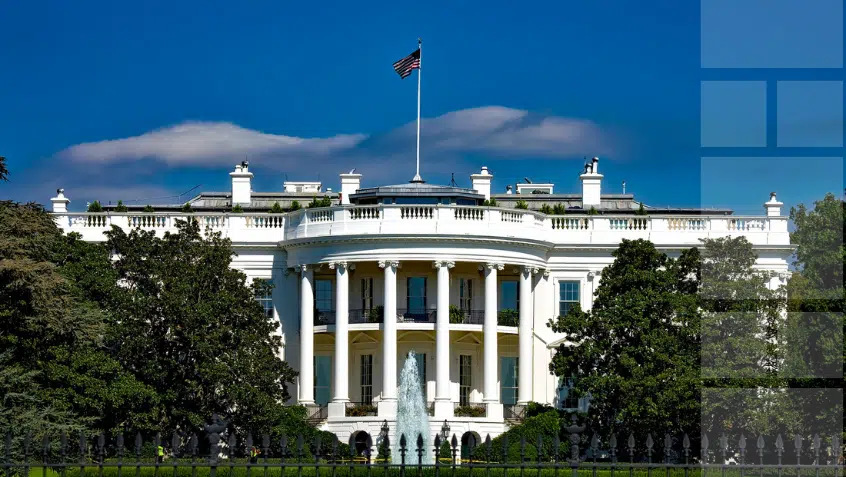COVID-19 Harming Older Adult Employment, Increasing Strain on Medicare

It is clear that older adults have been disproportionately impacted by the COVID-19 pandemic, with far too many experiencing significant complications, hospitalization, and even death. But the harm of the pandemic goes beyond devastating health consequences to also include negative changes to employment, income, and financial security. This week, the Commonwealth Fund released an issue brief discussing the widespread economic damage the pandemic has caused older adults, and what these impacts may mean going forward for people with Medicare and the program.
People who continue to work past age 65 may do so because they like working, or they may need the income from a job in order to make ends meet. According to the brief, around 7.5 million people with Medicare were employed in 2012, and that number increased to over 10 million people in 2018. Almost half of these workers had employer health insurance coverage in addition to Medicare.
As of July 2020, over 1 million people over age 65 have lost their jobs, with particularly high rates among Asian and Latino older adults. This means lower incomes for these individuals and may mean an influx of people using Medicare as their primary health coverage who previously were enrolled in employer-based coverage. The issue brief’s calculations show that this could mean an increase in Medicare spending by more than $4 billion per year. At the same time, as workers of all ages lose jobs, less money flows into Medicare’s trust fund.
The brief assumes that Medicare-eligible older adults who lose their jobs, and their employment-based health coverage, will seamlessly transition to Medicare. However, in our experience, this is often not the case. Medicare’s complex enrollment rules and timelines can lead to well-intended but incorrect guidance and enrollment mistakes. The consequences of such missteps can be significant and may include lifetime financial penalties and gaps in health care coverage.
These findings and challenges demonstrate how important gaining control of the pandemic is to the health and financial well-being of people with Medicare and the Medicare program itself. More must be done to combat the virus, shore up individual incomes and essential programs like Medicare and Medicaid, and simplify enrollment. While negotiations over the next stimulus package remain in flux, Medicare Rights hopes federal policymakers will finalize a relief package soon that prioritizes older adults, people with disabilities, and their families. Read more about recent legislation we support and why.
Read the Commonwealth Fund issue brief.
Read about recent legislation we support for COVID-19 relief.
The Latest
Most Read
Add Medicare to Your Inbox
Sign up to receive Medicare news, policy developments, and other useful updates from the Medicare Rights.
View this profile on InstagramMedicare Rights Center (@medicarerights) • Instagram photos and videos









